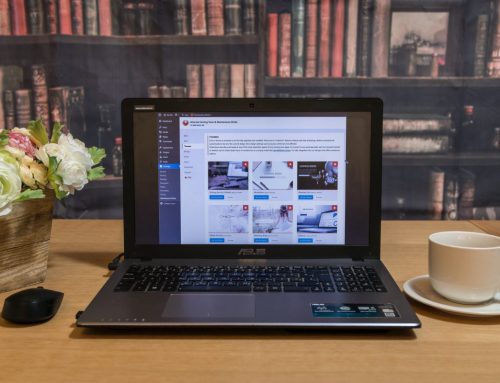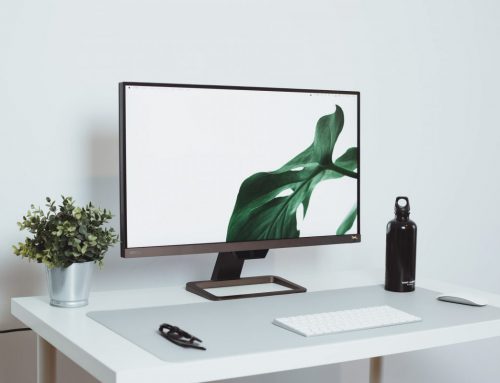Mental health is highly important in the office. According to the Centers for Disease Control and Prevention, in 2016, 1 in 5 US adults reported a mental illness. Poor mental health can affect many job‑related aspects: performance and productivity, engagement, communication, and daily functioning. Mental diseases are also associated with disability and unemployment. In this article, we will overview the best office design tips that allow mental health to thrive.
Incorporate nature in your office
Studies show that relaxing for just three minutes at a desk with plants lowers stress significantly compared to relaxing at a desk with no plants. Having a plant on a desk can be very beneficial to workers.
However, if you can, it would be even better to get an office with windows towards nature, like a forest, instead of numerous potted plants. Open spaces with greenery, such as rooftops, are also very appreciated by employees. It brings us to our next point: you need windows, so you have natural light.
Benefits of natural light in your office for mental health
According to the Harward Business Review survey, natural light and views of the outdoors are the number one perk for many employees. Employees also admitted feeling tired and gloomy because of the lack of natural light.
Another study showed that when the light was optimized in the office with high-quality windows, employees reported a 51% decrease in eyestrain, a 63% decrease in the incidence of headaches, and drowsiness reduced by 56%. Natural light also decreases anxiety and depression.
Therefore, it is useful to invest in light optimization in your office. It will repay as your workers will be more productive.
Different spaces for different people
Different people have different working habits, and different workstations can boost their productivity better. Open-space plans are becoming popular for a reason. There can be both individual workstations, enclosed places for focus, and space for collaboration. Everyone can find the best space for them to work in.
It is also popular to install places for reflection, meditation, or prayer. Some offices simply convert small meeting rooms into such a space. Others even add a place to wash up before prayers. But such rooms are appreciated not just by the religious people. All people can benefit from spending some time in quiet. It helps them cope with stress and anxiety, resulting in better mental health.
Play zones are also great. They bring more than relaxation: they also promote team spirit. Finally, remember to have a separate eating area. Workers eating at their desks might not only drop crumbs on keyboards. They do not make the most of their break and do not relax completely. It also encourages the bad habit of eating mindlessly, which can lead to weight gain. And physical problems can also lead to poorer mental health.
Go for ergonomic office design and offer support for mental health
Ergonomics is the applied science of equipment design so that everyone can be as productive and healthy as possible. One of the most important rules is the proper set up of desks and chairs. Read more about the basics of office ergonomics here.
Also, it is not just the office design that can affect the mental health of employees. It matters a lot if they feel heard and supported. Allow breaks and encourage PTO: a lot of PTO hours go unused every year. Offer mental health benefits and make wellness a priority. Finally, promote a work/life balance. It will benefit not only them but you too because happy and healthy workers are more productive.
Of course, mental health depends a lot on people themselves. If you feel stressed or anxious, take care of yourself. Talk about your problems with others. Eat healthily and get enough sleep. And remember that it is okay to feel sad.








Leave A Comment